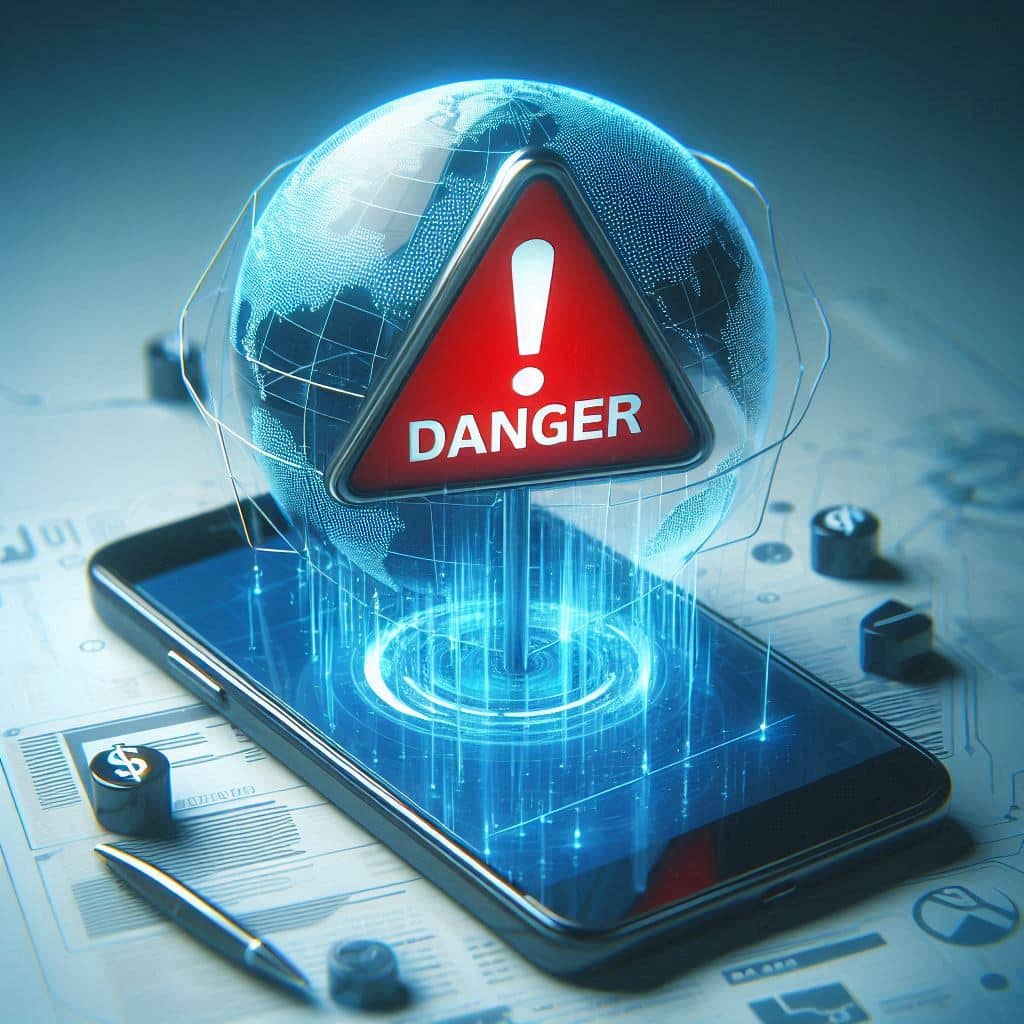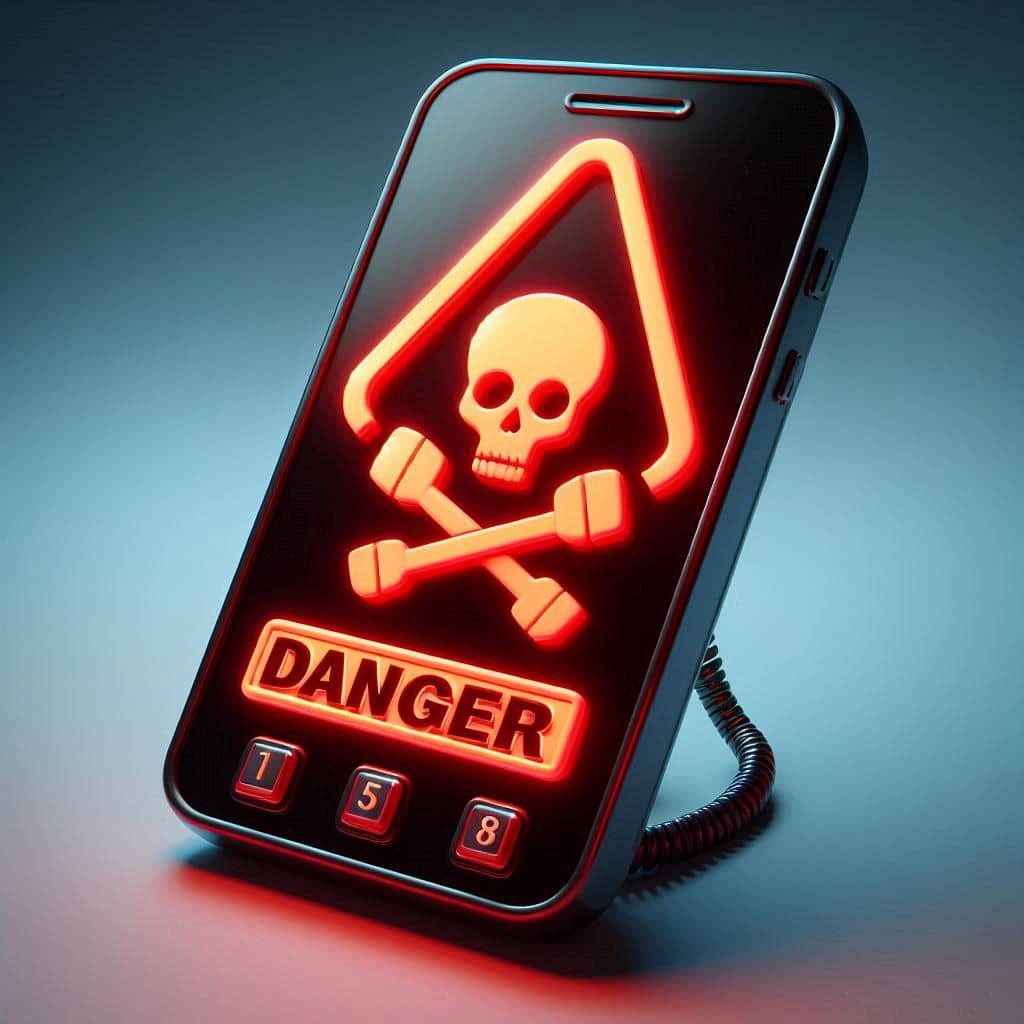You should beware of Smishing. In our increasingly connected world, cybercriminals are constantly devising new ways to exploit unsuspecting individuals. One such method that has gained significant attention is smishing—a blend of “SMS” (short message service) and “phishing.” In this article, we’ll delve deeper into what smishing is, how it works, and crucial protection measures.
Definition of Smishing (SMS Phishing)
Smishing, also known as SMS phishing, involves using deceptive text messages to manipulate victims into revealing sensitive personal information. Scammers pose as legitimate institutions—banks, service providers, or reputable companies—and craft persuasive messages. These texts often contain alarming content, urging recipients to take immediate action. Whether it’s a fake prize notification, an urgent security alert, or a delivery update, the goal remains the same: tricking individuals into divulging private data.
How Does Smishing Work?
Scammers pose as legitimate institutions, such as banks, service providers, or reputed companies, and send persuasive messages to trick recipients. These messages may contain links that lead to fraudulent websites or prompt users to download harmful content.
Examples of Smishing Attacks
- Fake Prize Notifications: Scammers claim you’ve won a prize and ask for personal details to claim it.
- Urgent Security Alerts: Impersonating your bank, they warn of suspicious activity and request login credentials.
- Delivery Notifications: Scammers send fake delivery updates with malicious links.
How To Protect Against Smishing
- Stay Vigilant: Be cautious of unexpected messages and verify their authenticity.
- Don’t Click Links: Avoid clicking on links in unsolicited texts.
- Contact Institutions Directly: If you receive a suspicious message, verify with the organization directly (using official contact details).
By understanding the intricacies of smishing and staying vigilant, you can fortify against this evolving cyber threat and safeguard your personal and financial well-being.
Beware of Smishing! Remember to stay alert and protect yourself from smishing attempts! If you have any other questions, feel free to ask.
Resources:
- Smishing and vishing: How these cyber attacks work and how to prevent them | CSO Online
- What Is Smishing? Definition, Examples & Protection – Forbes Advisor
- What is smishing + attack protection tips for 2024 (norton.com)
Eric is an experienced Enterprise Data Architect at MIW. He plays a key role in the R&D team, managing data and translating business needs into technical solutions. His work ensures the smooth flow of data across the company. In addition to his professional skills, Mr. Ochoa is a fan of Isaac Asimov and H.R. Lovecraft’s works. He enjoys playing Dungeons and Dragons in his free time.



